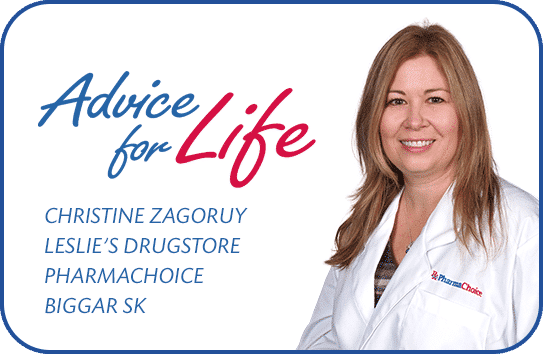Opioids include prescribed and illicit drugs such as morphine, fentanyl, oxycodone, and hydromorphone. They are an important category of medications to manage pain for cancer patients, chronic pain sufferers, post-operative pain, and pain associated with many chronic conditions. It is also prescribed for withdrawal from opioid dependence. However, it can be misused for its ability to relax and provide euphoria. The amount of drug required to manage pain blends without perceivable border to relax and slow breathing until you stop breathing. This makes opioids the cause of accidental deaths and a growing opioid crisis.
Opioid overdose risk is increased when mixed with alcohol or other drugs. Even when taken as prescribed, accidental overdose can occur when doses are taken too close together or a double dose is taken accidentally. Your PharmaChoice pharmacist can answer questions and discuss solutions to prevent or treat accidental opioid overdose.
Problematic opioid users can be anyone – you, your friend, cousin, child, or parent. It is anyone who uses opioids not prescribed for them, or beyond what their doctor prescribed. What is the proper strength of medication for one person, can stop the breathing of another. We care for those close to us, but don’t offer pain medication to another that is prescribed for you. If you have an opioid prescription, ensure that others cannot access it. Safe opioid use requires a prescription and monitoring by healthcare professionals such as your pharmacist and doctor.
Seek medical advice for problematic substance use. Signs of dependence include:
- Taking opioid regularly, outside of prescribed instructions
- Craving for the drug
- Changes in mood and behaviour, swings in behaviour
- Change in normal schedule (missed work, appointments, frequent tardiness, sleep pattern)
Dependence goes unrecognized in early stages by the user but can be detected early by family members or friends who are aware of signs to watch for. Opioid overdose risk is higher if a person lives alone or obtains opioids without a prescription.
Treating opioid dependence requires a full circle of care and support to address the psychological and physical dependence. Treatment and management will take time. If you suspect or know that a family member or close friend is a problematic opioid user, consider getting a free Naloxone kit. A kit is also recommended if there is a family member who uses an opioid by prescription. Ask your pharmacist about opioid dependence and Naloxone kits for opioid overdose.



